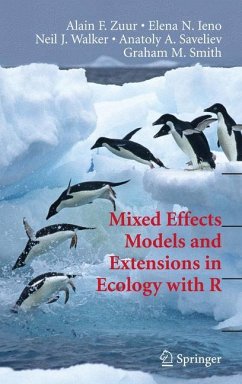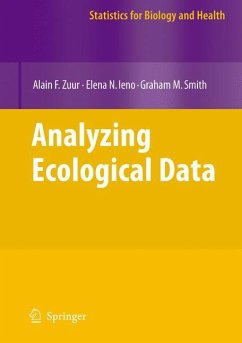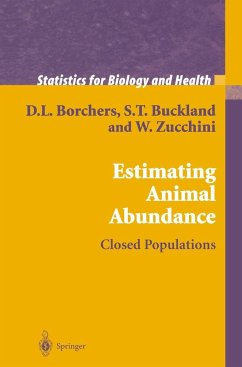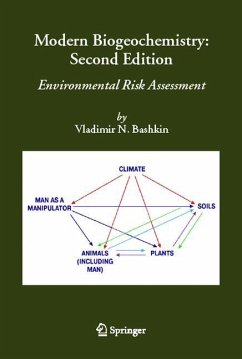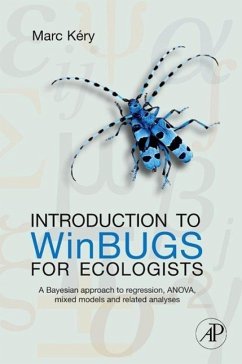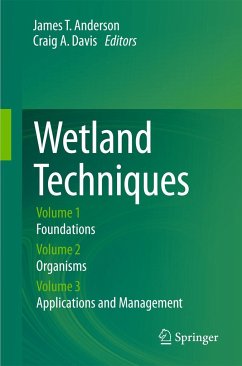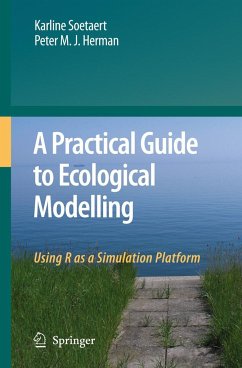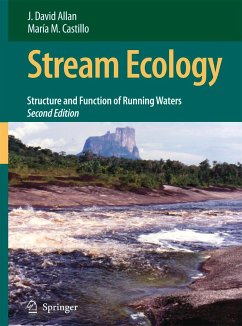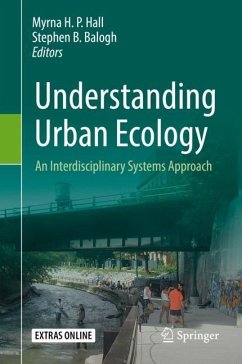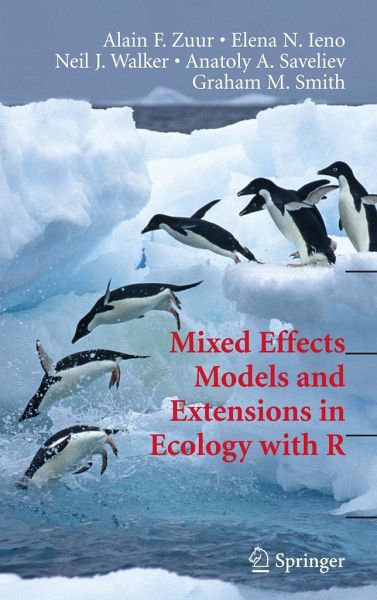
Mixed Effects Models and Extensions in Ecology with R
Versandkostenfrei!
Versandfertig in 6-10 Tagen
88,99 €
inkl. MwSt.
Weitere Ausgaben:

PAYBACK Punkte
44 °P sammeln!
Building on the successful Analysing Ecological Data (2007) by Zuur, Ieno and Smith, the authors now provide an expanded introduction to using regression and its extensions in analysing ecological data. As with the earlier book, real data sets from postgraduate ecological studies or research projects are used throughout. The first part of the book is a largely non-mathematical introduction to linear mixed effects modelling, GLM and GAM, zero inflated models, GEE, GLMM and GAMM. The second part provides ten case studies that range from koalas to deep sea research. These chapters provide an inva...
Building on the successful Analysing Ecological Data (2007) by Zuur, Ieno and Smith, the authors now provide an expanded introduction to using regression and its extensions in analysing ecological data. As with the earlier book, real data sets from postgraduate ecological studies or research projects are used throughout. The first part of the book is a largely non-mathematical introduction to linear mixed effects modelling, GLM and GAM, zero inflated models, GEE, GLMM and GAMM. The second part provides ten case studies that range from koalas to deep sea research. These chapters provide an invaluable insight into analysing complex ecological datasets, including comparisons of different approaches to the same problem. By matching ecological questions and data structure to a case study, these chapters provide an excellent starting point to analysing your own data. Data and R code from all chapters are available from www.highstat.com.




